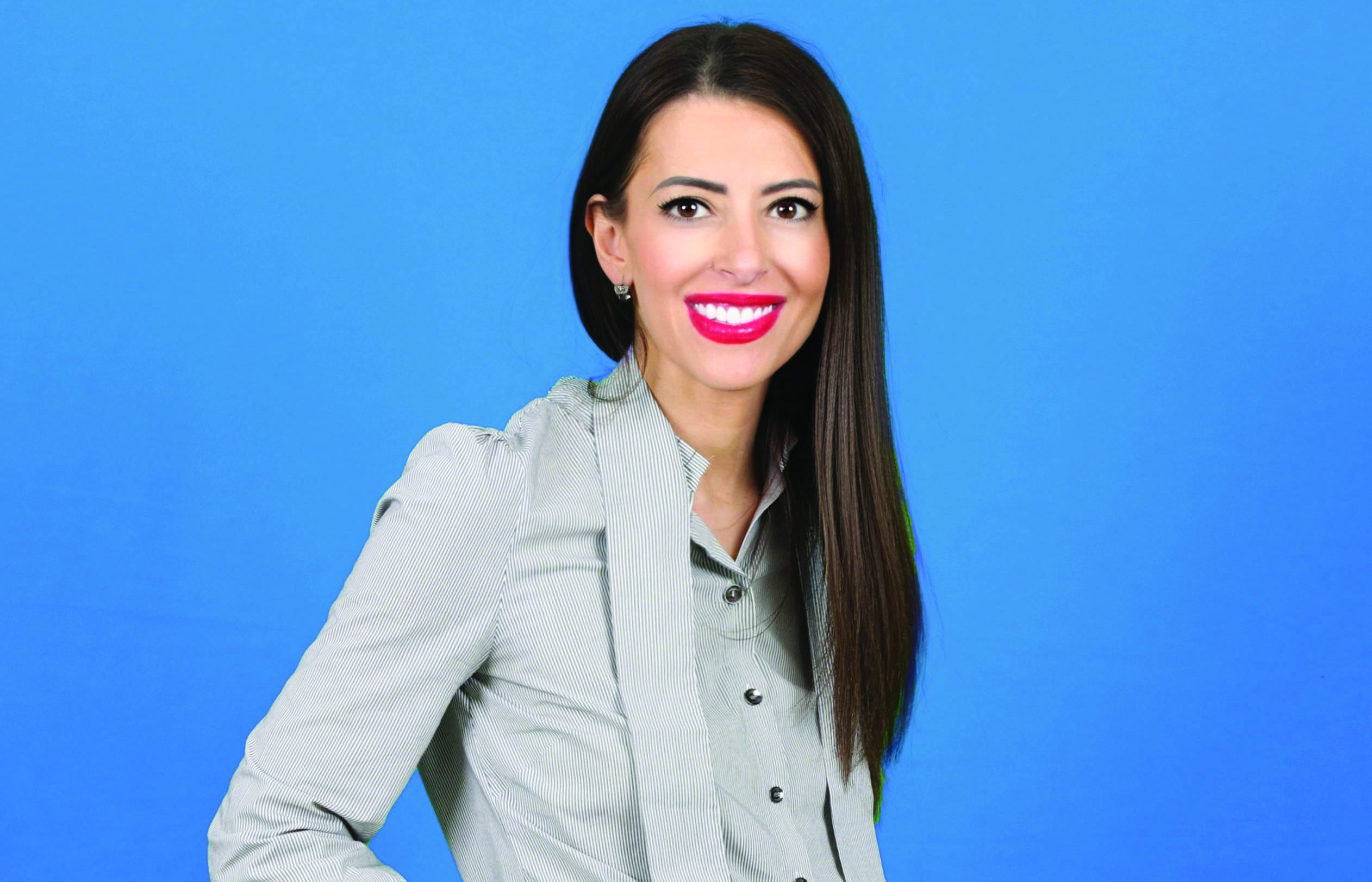
In the Middle East advertising landscape, the portrayal and participation of men and women are not just reflections of cultural norms, they have become catalysts for change. Just as the saying goes, “Culture is to humans as water is to fish”, we often swim in strong currents of societal norms without realising their pull. It’s only when someone spots a shark in the water that we start to identify the implicit bias or stereotypes that have gone unattended.
Today, the diversity, equity, and inclusion (DE&I) narrative has created many such eye-opening conversations within the industry. In the coming days, we welcome you to delve into the insights of industry leaders, who call a spade a spade. They have come to a consensus that while significant strides have been made, there’s still a long way to go. The industry faces the challenge of not just acknowledging the gaps but actively addressing them. The hope is to herald a future where DE&I is so ingrained in our culture that the changes we request today are foregone conclusions.
The needle has definitely moved, but a sense of equity and normalcy hasn’t quite settled in. Read what the leaders had to say:
Darine ElKaissi, Managing Director, Mindshare KSA
If there’s one barrier you would break down, what would it be and why?
The judgmental culture that perpetuates the idea that individuals who choose to prioritise their careers or personal lives are somehow less worthy. This “either/or” mentality forces people to make impossible choices, shattering their sense of self-worth.
Similarly, people with special needs, from different backgrounds, or those with disabilities face judgment and bias, often being perceived as less capable or less deserving. By breaking down these barriers, we can create a more inclusive and accepting environment where individuals can thrive, free from judgment and stereotypes.
How has diversity and inclusion improved on the ground within the industry?
I think we have made remarkable progress in promoting diversity and inclusion within our industry. I was one of the first female employees in my office in Riyadh and one of the first few women to present in a client office for a governmental entity (which required a special permit). It was a daunting experience, but it paved the way for others to follow in my footsteps.
Fast-forward to today, and it’s encouraging to see more and more diversity in workplaces across our industry. The advertising industry in the Middle East and Saudi Arabia has made significant strides in promoting diversity and inclusion. There’s now a 43 per cent representation of women in creative and leadership roles, consistent hiring of talent from diverse backgrounds, including expats, locals, and people with disabilities, more inclusive advertising campaigns, and more initiatives promoting diversity and inclusion.
What would an ideal world in the coming years look like?
As an industry, and as a society, we talk a lot about equity, inclusivity, and sustainability – things we’re striving to improve, and ultimately achieve, every day. In an ideal world, we wouldn’t have to talk about them so much. We would have hit that sweet spot between compassion and progress and reached a place where everyone feels valued and empowered.
How in your opinion can collaborative campaigns – and their visible, tangible impact – further the cause for DE&I in the industry?
By showcasing diverse perspectives and stories, increasing representation and inclusivity, and promoting a culture of empathy and understanding, these campaigns can challenge stereotypes and biases, and promote authentic representation of underrepresented groups.
What allyship message would you share with your colleagues in the industry?
I can’t emphasise enough the importance of empathy, fostering a good, strong culture of belonging, and dedication to equality. Make sure you are building equality into your business’s long-term plans, and not just focusing on the short-term gains.
What were some pivotal points in your career that contributed to your success within advertising?
From tackling challenging client projects to collaborating with supportive mentors and managers, I’ve been fortunate to have had a string of opportunities that pushed me to prove myself and strive for equal opportunities. I’ve also always been driven by a desire to prove that through hard work and dedication, you can unlock equal opportunities.
A highlight of my journey was being part of the country-level transformation projects and on market-disrupting projects. This experience not only refined my skills but also granted me a profound understanding of the industry’s inner workings.
Can you share some personal habits or routines that have helped you embrace your authenticity and express yourself?
To embrace my authenticity and express myself, I prioritise understanding what truly matters to me by evaluating my goals and experiences to ensure they align with the person I want to be. Over the years, I’ve learned to establish clear boundaries and focus on what truly resonates with me, while also being respectful and open to different views.
What words of wisdom would you share with women new to the industry and/or the Middle East region?
I would ask women to embrace their uniqueness, don’t be afraid to be yourself and celebrate your strengths. As a woman in the industry, you bring value and innovation, and your adaptability and productivity are key assets.









